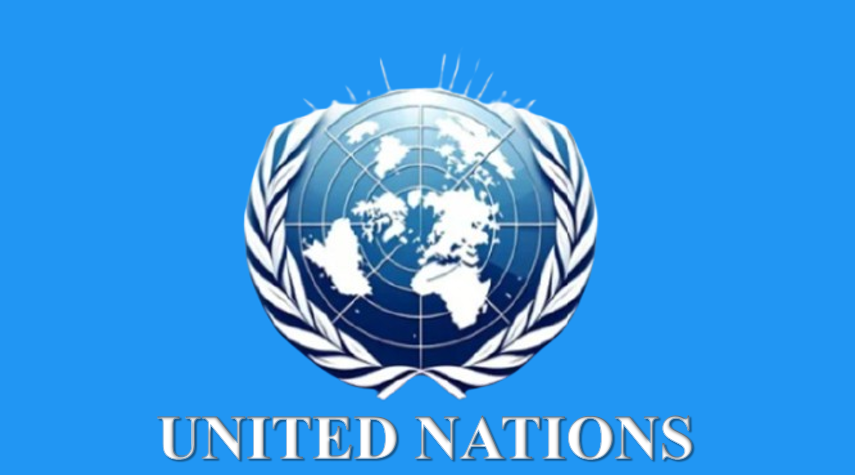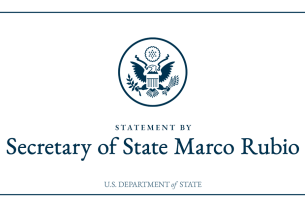During a recent UN Security Council session, the United Nations emphasized that any peace negotiations related to the ongoing conflict in Ukraine must fully adhere to the UN Charter. Specifically, peace efforts must respect Ukraine’s sovereignty, independence, and territorial integrity, underscoring the need for a framework that aligns with international law and security protocols.
Miroslav Jenča, Assistant Secretary-General for Europe in the UN’s Department of Political and Peace-building Affairs (DPPA), called for continued dialogue between all parties involved, including Ukraine and Russia. The UN expressed support for any genuine initiatives aimed at reducing civilian suffering and de-escalating the conflict. However, the UN stressed that such efforts must not undermine Ukraine’s territorial rights.
The UN Security Council’s authority stems from Article 39 of the UN Charter, which empowers the Council to assess threats to international peace and determine necessary actions. Under Articles 41 and 42, the Security Council can take non-military actions like sanctions (Article 41) or, if needed, military measures to restore peace (Article 42).
In a related development, former U.S. President Donald Trump recently questioned the practicality of Ukraine’s NATO membership while suggesting he was exploring ways to negotiate an end to the war with Russian President Vladimir Putin, bypassing the Ukrainian government. Ukrainian President Volodymyr Zelensky confirmed a “meaningful conversation” with Trump, which resulted in an agreement for continued U.S. military aid.
The session concluded with a reflection on the Minsk Agreement of 2015, as outlined in UN Security Council Resolution 2202. The resolution called for a ceasefire in eastern Ukraine and the withdrawal of heavy weaponry in the Donetsk and Luhansk regions, where ongoing hostilities have escalated since Russia’s annexation of Crimea.
The UN’s position emphasizes the importance of following established international principles in seeking an end to the conflict, while recognizing the challenges posed by the broader geopolitical landscape.
References:
- UN Security Council Session
- Minsk Agreement and Resolution 2202



